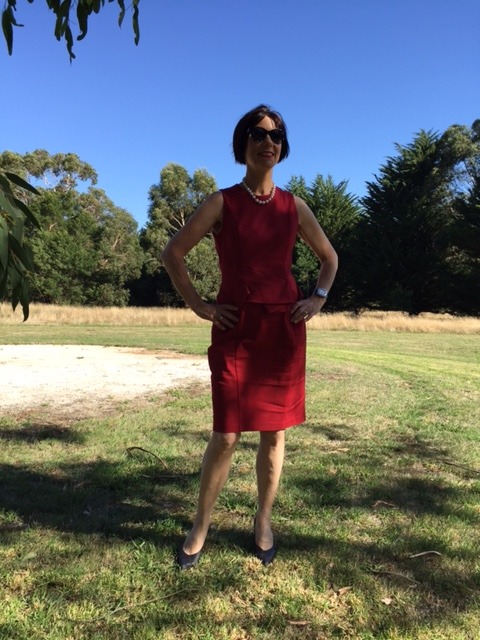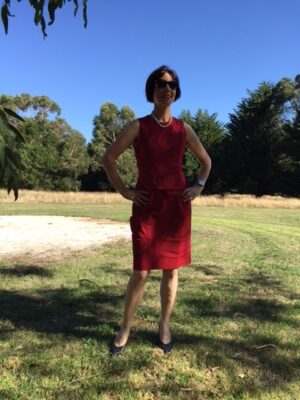 Blog
Blog Blog
Blog

If you are a manager you probably think about how you can get the most from your staff. The starting place for this is to begin by understanding yourself better. We influence others more effectively when we know ourselves more intimately, for example, our trigger points, our preferences for receiving information, or our need for personal space and down time. Sometimes I get people coming to workshops, or to coaching, wanting to learn tips and tools that will help them get others to follow or cooperate with them more willingly. This is really starting at the wrong point. It implies at some level, “I don’t need to change, I just want others to change”.
Part of your role as a manager is attracting and retaining staff. This is a significant issue for many workplaces and becoming more critical with certain employee groups like millennials who expect meaning from their work, not just a pay cheque. Based on research conducted by the Gallup Corporation we now know that one of the main reasons people change jobs and companies is to get away from a manager they believe doesn’t understands them or works effectively with them. This costs businesses a lot of money. However, retaining staff is part of a larger problem. There is also the issue of underperformance whilst people stay in jobs with a manager they don’t like or get along with. This affects a whole host of things such as profitability, productivity, safety and innovation to name just a few.
Most of us feel ambivalent about knowing more about ourselves. We want to know and yet we don’t want to know. We are often afraid of finding out that we might be deficient or underdeveloped in some way. It can be scary. So often, we shy away from feedback in case we hear something we don’t like, or aren’t ready to address just yet. The problem with this is that we miss out on enriching our lives through building more constructive relationships with those we care about as well as those we work with.
As humans we have conscious and unconscious thinking and this feeds into our behaviour. The conscious thinking is what we are aware of our minds. Whereas unconscious thinking is what is lurking in the back recesses of our minds. It can be very powerful and influences us in all sorts of ways we aren’t mindful of. When we make a conscious decision to learn more about ourselves we seek to bring this “stuff” in the background more to the foreground.
So how can we build our self awareness? Just to ask the question involves some awareness. A good practical way to start is to undertake some kind of assessment from a recognised and validated tool. There are many of these available. Most professional coaches are accredited in a number of tools. What is important is to select a tool that has some rigour in its design, then to be committed to a debriefing process with someone accredited in the use of the tool. It also means going beyond the debriefing session applying what you have learnt about yourself so that you can think and act in more flexible ways in the future.
The tools I have used successfully with clients have been:
These tools tell you quite a bit about yourself and are useful as a starting point in a coaching relationship.